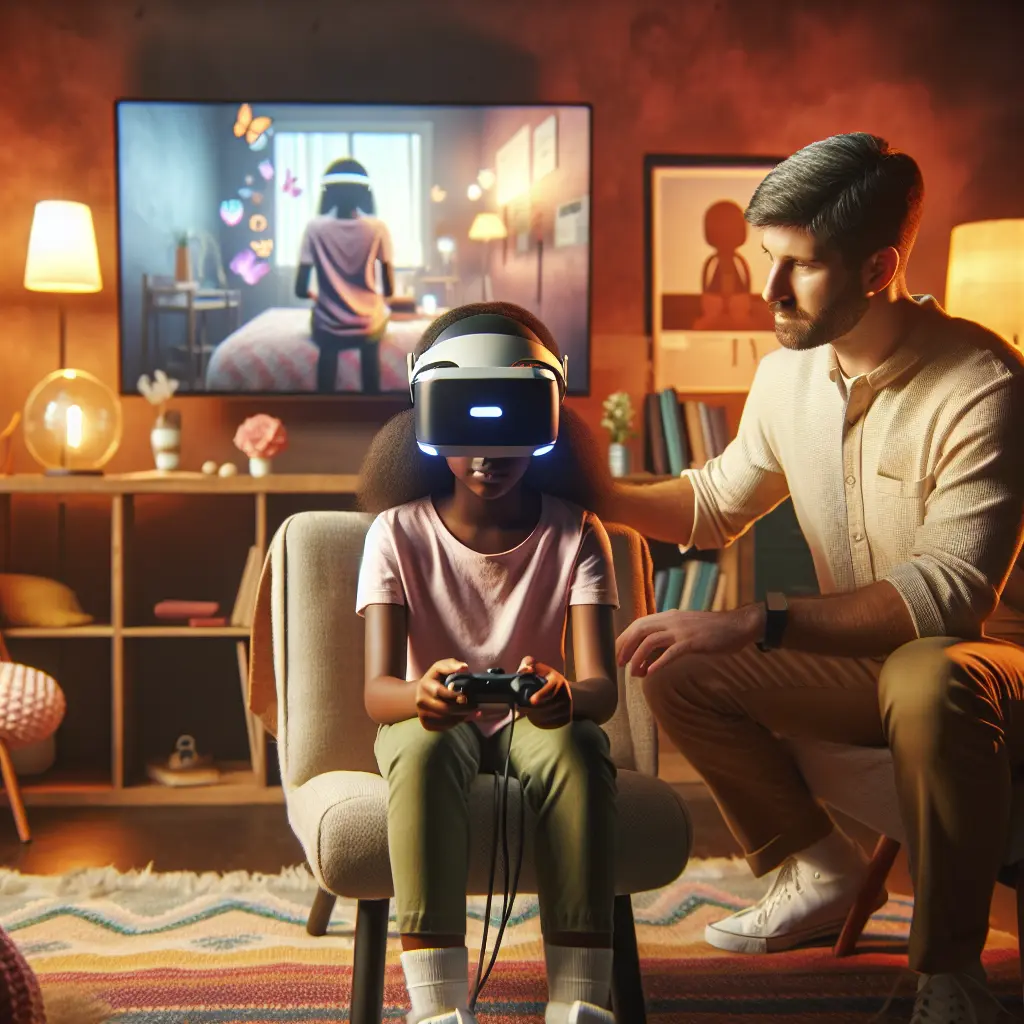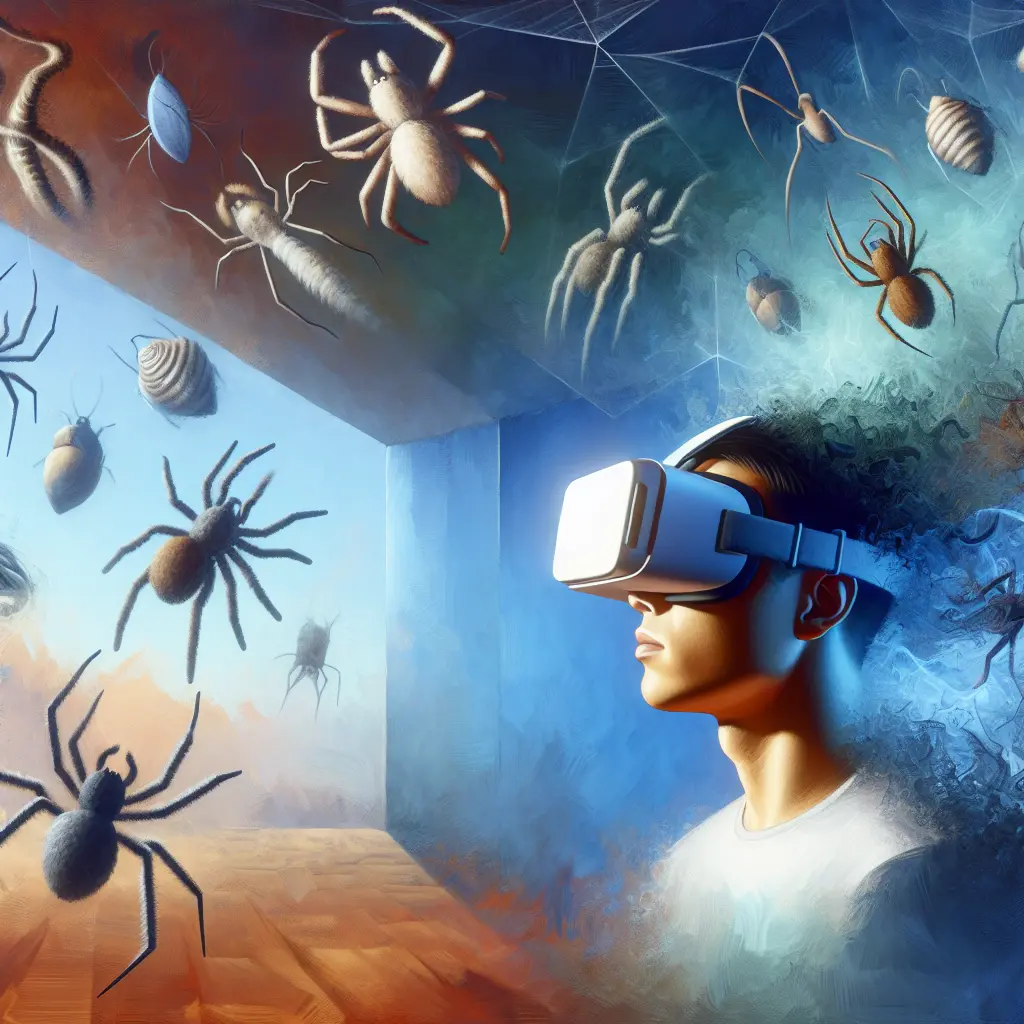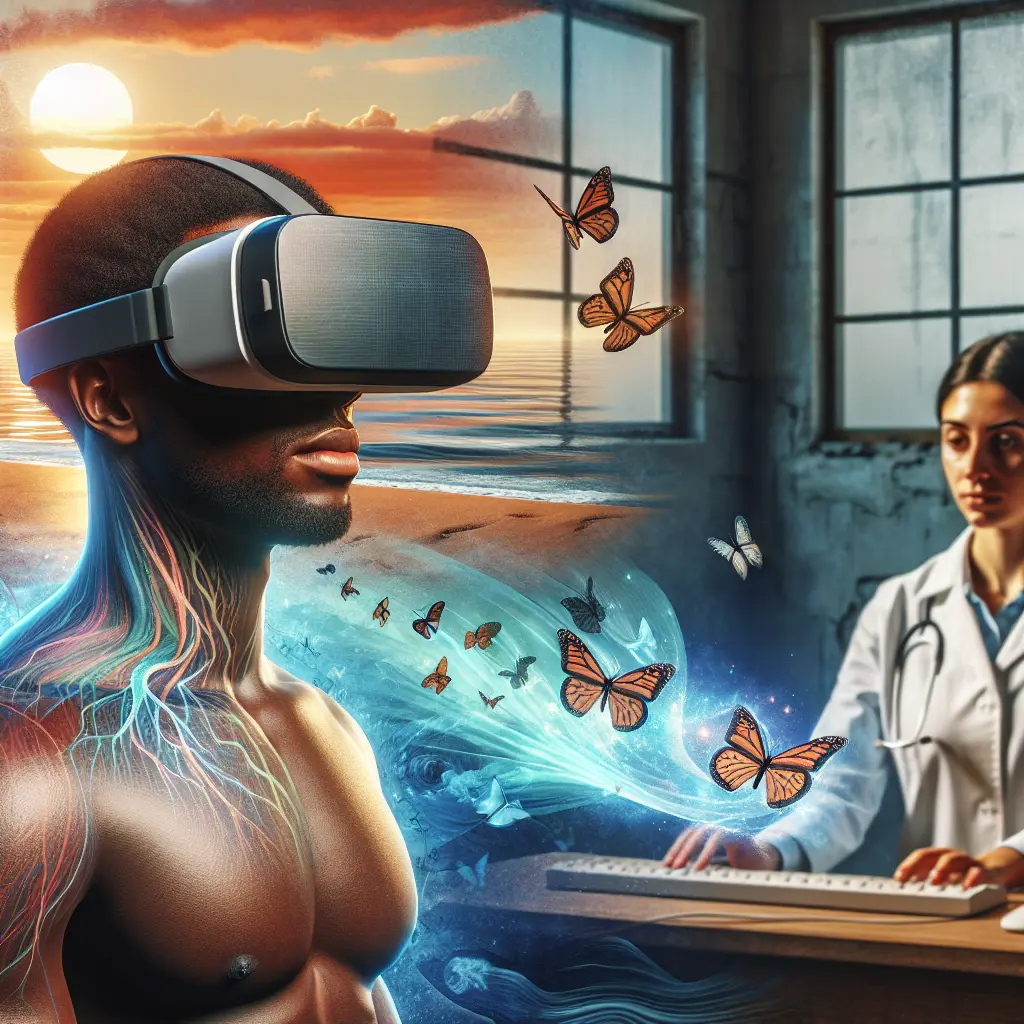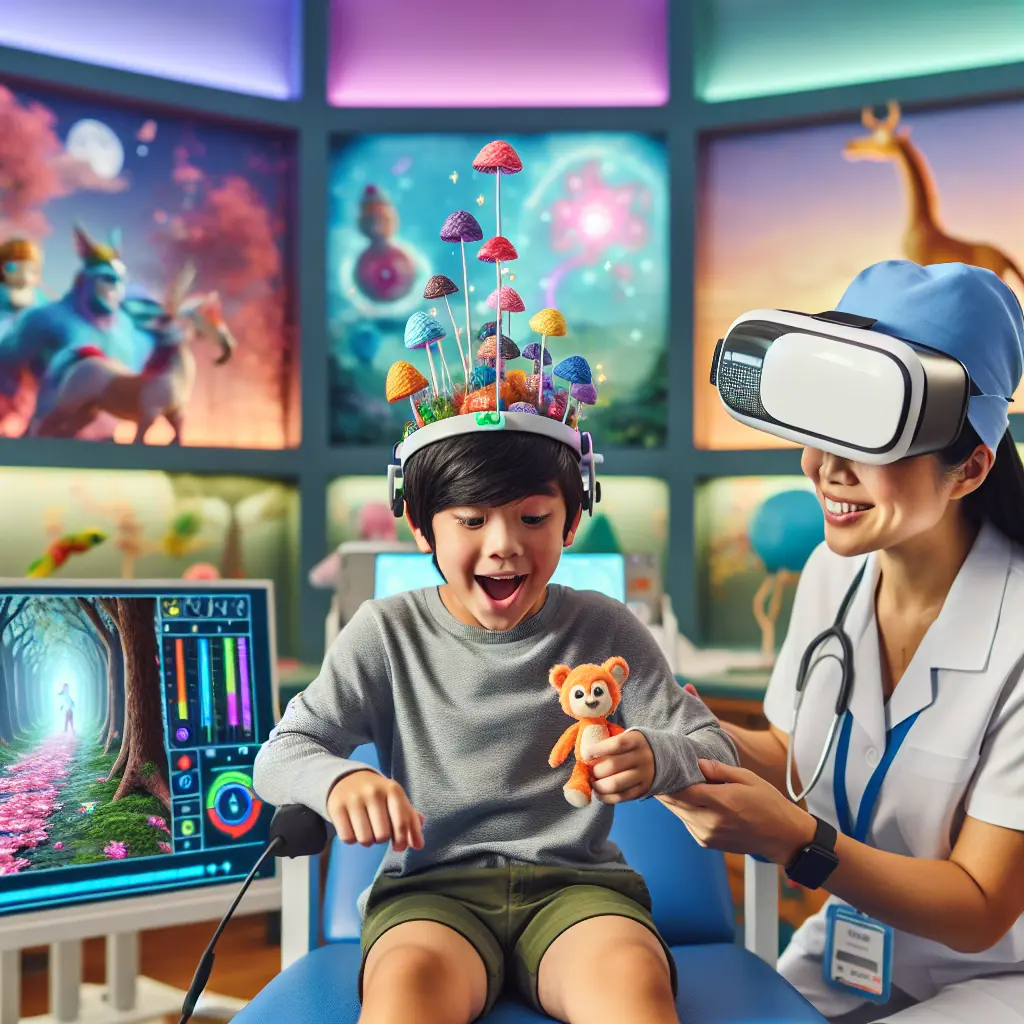In recent years, virtual reality therapy has gained significant traction as a transformative tool for enhancing social skills in individuals with autism spectrum disorder (ASD). As VR technology advances, it offers new opportunities for autism therapy by providing immersive environments that promote social interaction and communication. This innovation is especially crucial for those with autism, as improving social skills is a central focus of autism spectrum disorder therapy.
Virtual reality autism treatment operates by immersing individuals in controlled yet realistic social scenarios. This VR for autism approach allows participants to practice and refine their interactions without the fear of real-world consequences. By simulating diverse social settings, virtual reality intervention autism enables users to enhance their understanding and response to social cues, which is vital for autism communication skills. This method not only aids in social skills improvement but also boosts the confidence of individuals with autism in social situations.
One of the most significant VR therapy benefits autism offers is its ability to customize experiences according to individual needs. Therapists can tailor VR social skills training sessions to focus on specific areas requiring improvement, ensuring each session is relevant and effective. This customization is critical in providing a personalized approach to autism therapy technology, allowing individuals to learn and grow at their own pace.
Technology is reshaping mental healthcare by making it more accessible and personalized. VR therapy stands at the forefront of this transformation, leveraging cutting-edge technology to redefine traditional methods of improving social interaction autism. By integrating VR with therapeutic practices, we are witnessing a paradigm shift that not only enhances social skills but also empowers individuals with ASD to navigate their social world more effectively.
To illustrate the impact of virtual reality therapy, consider the case study of a young individual named Alex, who struggled with understanding social cues and engaging in conversations. Through consistent VR therapy sessions, Alex was able to practice various social scenarios, such as greeting someone new or participating in group discussions. Over time, these sessions led to noticeable improvements in Alex's ability to communicate and interact with peers, demonstrating the potential of virtual reality autism treatment in real-world applications.
Addressing Ethical Concerns: Pro-Bono Work in Therapy
As VR therapy becomes more prevalent, ethical considerations arise, particularly regarding accessibility and affordability. Therapists are exploring ways to offer pro-bono services without risking burnout. Strategies include setting boundaries, collaborating with organizations, utilizing technology for efficiency, prioritizing self-care, engaging in community outreach, and seeking institutional support. By implementing these strategies, therapists can expand access to VR therapy for autism while maintaining their well-being.
The future of virtual reality therapy is promising, with continued advancements poised to further revolutionize autism spectrum disorder therapy. The integration of AI technologies is driving significant impacts across various sectors, and its application in VR therapy is no exception. AI enhancements can lead to more dynamic and adaptive virtual environments, offering even more personalized and effective therapy solutions.
Virtual reality therapy represents a significant leap forward in autism therapy technology. By offering immersive, customizable, and safe environments for social skills improvement, it addresses key challenges faced by individuals with autism. As we continue to explore and refine these technologies, the potential for transforming traditional methods of autism communication skills development becomes increasingly evident.
Despite its promise, VR therapy must navigate ethical considerations related to accessibility and affordability. Therapists are actively seeking ways to offer pro-bono services while maintaining their well-being, ensuring that these innovative solutions reach those who need them most.
The Future of Virtual Reality Therapy in Autism
Looking ahead, the integration of AI into VR therapy offers exciting possibilities for creating even more adaptive and personalized environments. This continued innovation promises to further transform autism therapy, providing powerful tools for fostering growth and confidence in social interactions.
As we embrace these advancements, it's crucial to remain dedicated to ethical practices and expanding access to these transformative therapies. For readers interested in exploring the broader implications of VR therapy and its intersection with mental health technology, I encourage you to delve deeper into reputable resources and share your thoughts or experiences with virtual reality interventions. Your insights could contribute to a growing community dedicated to improving the lives of individuals with autism.
Thank you for joining this exploration of virtual reality therapy. Together, let's continue to drive forward the future of autism treatment.
Warm regards,










Leave a Comment